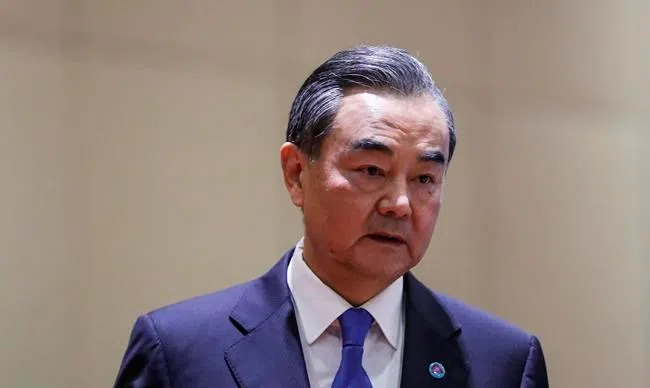
China calls draft pact on territorial feud a ‘breakthrough’
SINGAPORE — China’s top diplomat said Thursday that an initial draft of a proposed pact with Southeast Asia aimed at preventing fighting in the disputed South China Sea was a “breakthrough,” and that talks can accelerate without outside interference.
China and the Association of Southeast Asian Nations, which includes four rival claimants to territories in the sea, have been holding sporadic talks for years on a “code of conduct,” a set of regional norms and rules aimed at preventing a shooting war in the disputed waters.
Singapore Foreign Minister Vivian Balakrishnan announced at the start of an annual meeting of top diplomats from China and the 10-nation bloc that both sides have agreed on an initial draft that will be the basis of future negotiations. He called the development a “milestone.”
“This is good news,” Chinese Foreign Minister Wang Yi told the ASEAN ministers. “This is a breakthrough for the COC (code of conduct) negotiation.”
